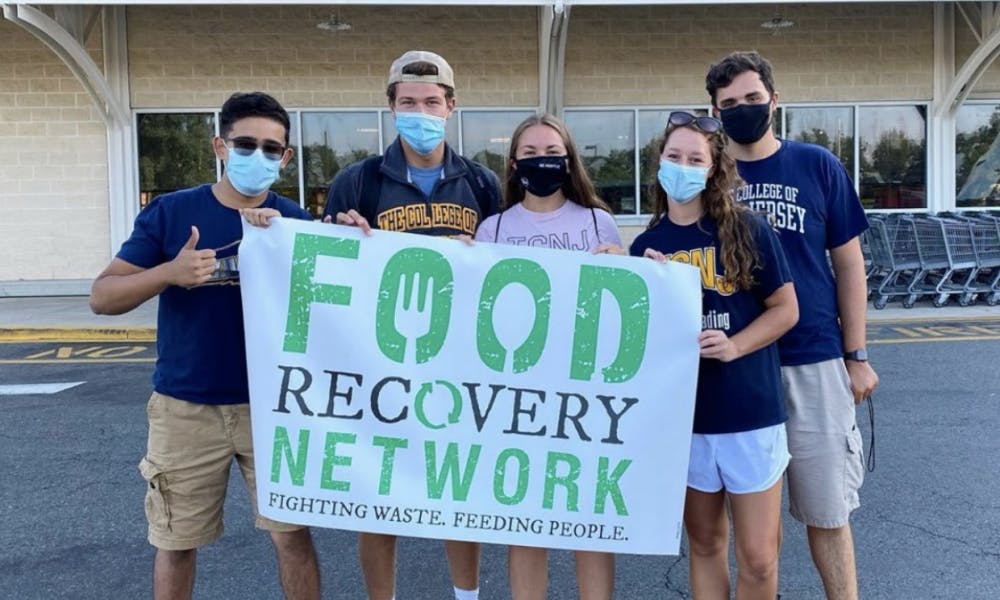By Alycia Gilb
Staff Writer
With food insecurity on the rise due to economic effects from Covid-19, soup kitchens in Trenton are in need of food now more than ever. The College’s newly recognized club, the Food Recovery Network (FRN), looks to give back to the community by collecting food from local stores and donating it to the Trenton Area Soup Kitchen (TASK).
“Food Recovery Network is the largest student movement fighting food waste and hunger in America,” according to their website. Started in 2011 by four students at the University of Maryland, the organization’s reach has spread to college campuses across the country. Today, there are 230 chapters across 46 states and Washington D.C.
Yash Valia, a sophomore psychology major and co-president of the College’s FRN chapter, says their mission is to take unused food from the dining hall or nearby restaurants and food stores to donate to local food pantries. When campus reopens, the club hopes to donate leftover food from the Atrium at Eickhoff.

“The formation of the idea kind of started mid-fall semester when we were all on campus,” Valia said. “I reached out to dining services cause I had this idea (to start the club) back in high school, but it was a little too late logistically to set something up like that since I was gonna leave in a couple of months.”
Valia and Chris Infosino, sophomore criminology and psychology double major and the other co-president of the club, reached out to the directors of the campus’ dining hall to get the idea up and running. That’s when they were informed about the Food Recovery Network, spurring their decision to open up a chapter at the College.
The Food Recovery Network is quickly gaining popularity at the College, with over 60 members in the club’s GroupMe chat. While they get the satisfaction of giving back to the community, the members of the organization have also found friendship with each other. Though they can’t meet up in person just yet, Maria Torraca, a sophomore nursing major and coordinator and PR manager of the organization, says that they are planning multiple bonding events to bring the club together.
“We want it to be a fun social club, too,” she said. “We have a lot of fun during our recoveries.”
The club has been working with Ewing ShopRite to pick up food donations. ShopRite gives the student organization a variety of unused foods or foods that are past their due date but are still edible, including bakery goods, cases of water and produce.
According to Mike Mutnick, a sophomore math statistics major and FRN’s treasurer, in order to receive food donations from ShopRite, the FRN members first connect with the store, then arrange a date for pickup. After that, club members go to the loading dock and put the food into their cars to transport it to TASK.
“There are some really nice people on the receiving side,” said Mutnick, reflecting on his past pickups. On his most recent recovery, members delivered over 200 pounds of food to TASK. “It’s cool because there were a few of the people (at Ewing ShopRite) and they knew that we were coming, and they were really excited because they hadn’t had anyone to donate the food to.”
The organization’s members said that working with TASK makes them consider how fortunate they are to have food security, especially during the pandemic.
Once students are back on campus, FRN has a variety of plans to get more students involved. Mutnick mentioned the idea of collaborating with the College’s Greek Life to gather more food for TASK.
Since many students can’t give up their time during the week, when TASK is open the student organization plans to run other events, such as handing out flyers to shoppers and asking for donations of nonperishable items.
“It’s something to be said about when you walk into the back of TASK and you can see the shelves and the storage bins of food and you can see exactly how much you contribute,” Infosino said. “You could see the workers’ faces light up.”







